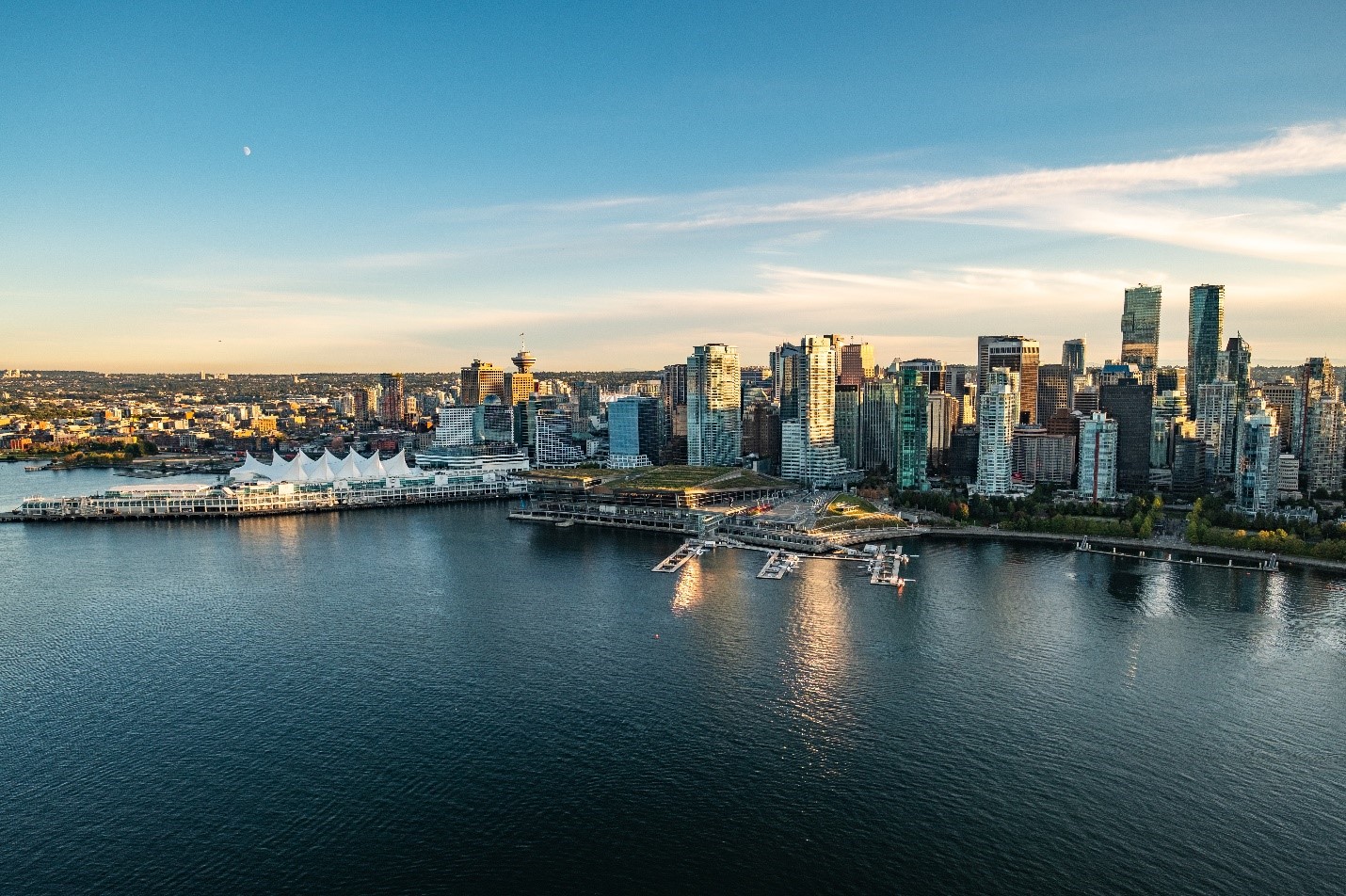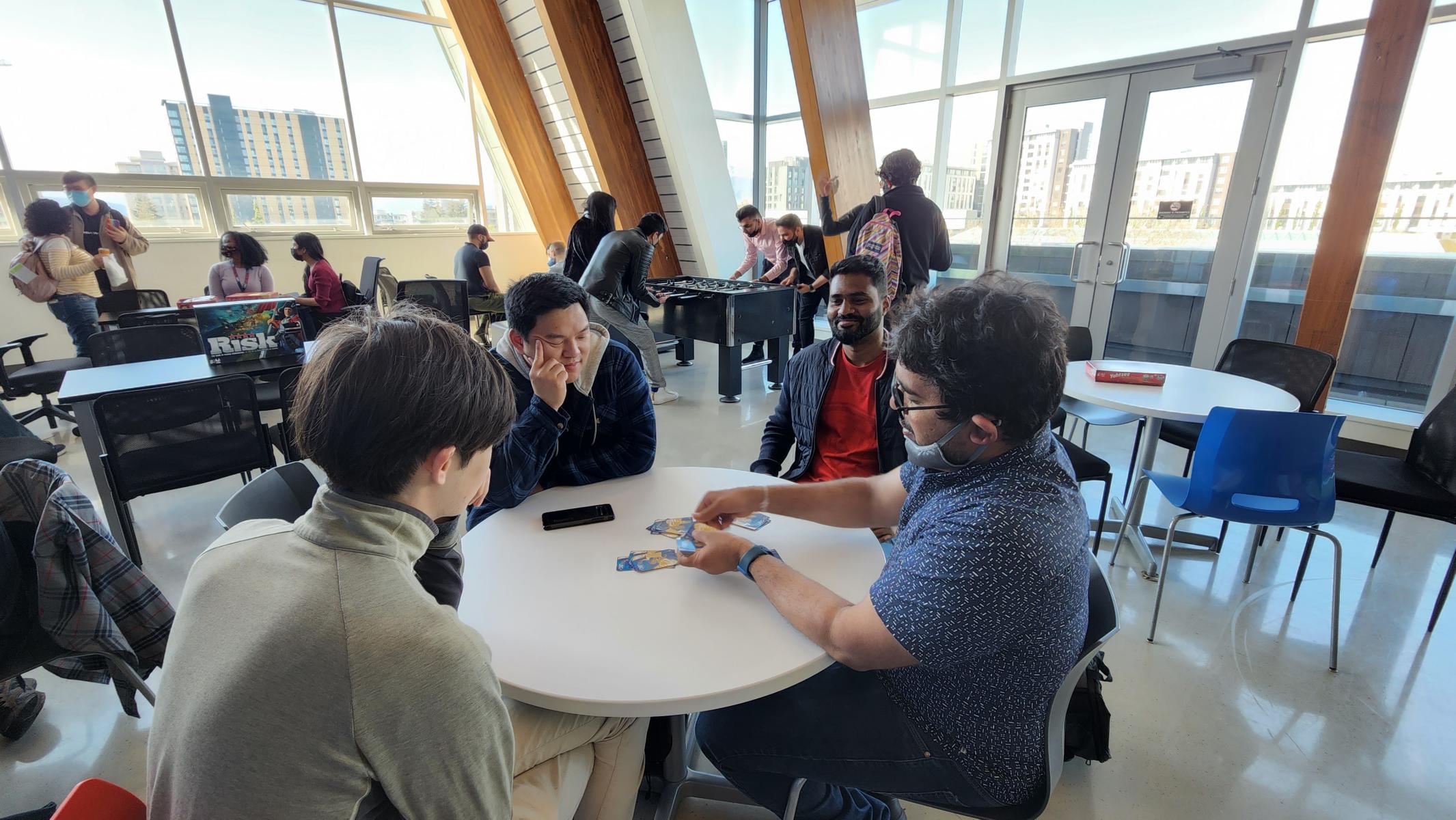Guest blog post by Phoebe Lee (Master’s student, Higher Education)
If you are applying to grad school or starting soon, you'll know there is a lot to consider to prepare yourself for the transition! Planning for graduate school can challenging as there is no single blueprint for success. However, one step you can prepare for, no matter your discipline, is having a good financial plan and budget. Here are some tips for budgeting and making your dollars and cents stretch further so you can worry less and focus on your studies.
1. Building a Budget and cost of living
Budgeting can be a difficult task, but this cost of living estimator from UBC Grad Studies can be a very helpful place to start. In addition, there are a few UBC templates and resources that you can use to help budget your monthly expenses. You can also check out the Government of Canada website which has a tool to help you build a financial plan. An easy way to start is to keep a few things in mind, such as food, academic supplies, and knowing your own tuition costs before plugging in the estimated costs into any budgeting sheet or templates. This is a great way to discover your personal financial needs.

2. Know your housing options
“Prepare well financially before arriving and get a place to stay before you arrive.” - Eunice Bawafaa, Graduate Ambassador
On-campus housing is a great way for students to connect with the community and stay close to campus. The waitlists can be long, but are worth it for the more affordable rent prices and proximity to campus. There are graduate student-specific options you can consider, including one specifically for students with families, so research which ones are the right fit for your needs.
You can apply for on-campus housing before submitting your grad school application. So, if you know you’ll be applying to UBC and want to live on campus make sure you don’t wait to get your application in.
Off-campus market rentals are also a very popular option. In fact, students can find even more choices for housing off-campus. However, please do your research before signing a lease to protect your own financial safety. There are many important factors when it comes to choosing a neighbourhood. Remember to factor in transportation costs, access to groceries, as well as type of housing you need before deciding on a living arrangement. Check out the Tenant Resource & Advisory Centre (TRAC) website which gives advice on your rights as a tenant in BC and consider taking the Renting it Right course to prepare yourself for finding a home.
“Most students look for housing on campus or close to campus. However, as Point Grey can be an expensive neighbourhood, seeking housing slightly farther but on the 99 or 49 line can be extremely helpful… Many of the houses in the Kitsilano (Kits) neighourhood rent out their basements for a more reasonable price to subsidize their personal costs.” – Tanya Bennett, Graduate Ambassador

3. Shopping from local grocery stores
Grocery stores on campus tend to have higher prices than stores outside of the UBC area, so it is a good idea to look off campus. There are many local stores as well as larger grocery chains that are easily accessible, just a quick 10-15 minutes by transit can get you there. Many stores also have a large variety of fresh produce and ingredients for cuisines from different cultures as well. There are many local farmer's markets in different neighbourhoods, that are a great place to be sustainable while saving money.
There are also food resources on campus if you need assistance with food security, such as the AMS Food Bank or Food Hub.
4. Taking public transit
As a UBC Student, the cost of a compass card (a contactless smart card that stores the fares of buses, skytrains, and seabuses) is included as part of your tuition as the U-Pass, so definitely use this to your advantage. The transit system is fairly accessible to UBC and affordable for students. There are regularly serviced bus or skytrain stations near high-traffic areas in Vancouver. The skytrain lines are an excellent way to access the Vancouver suburbs (such as Richmond, Coquitlam, or Surrey). There are many bus routes that take you across the multiple bridges that link Vancouver to various other cities.
“Take full advantage of U-Pass and enjoy the natural beauty of BC.” - Durjoy Badiya, Graduate Ambassador
5. Check out Financial resources, scholarships and funding
UBC has a lot of information on financial resources, and we encourage you to find one that works best for your personal needs. Enrolment Services offers a large range of information on financial wellness, including workshops on money management and student loans. As a graduate student, it is also possible for you to apply and receive grants or funding for your research, and students can also apply for needs-based funding options if you need financial assistance with living expenses.
Scholarships are a great way to fund your research needs and will connect you to many academic and financial resources. However each scholarship has different requirements, so make sure you put in the research to check if you are eligible for these awards.
6. Finding job opportunities
Many graduate students can find work as Teaching Assistants (TAs) or Research Assistants (RAs), depending on your program or your faculty. Keep in mind there are only a limited amount of TA positions per faculty. Be sure to also check your work status in Canada, as it could affect your status as a student. If you are an international student, please check the International Student Guide to work out the logistics of working on your visa. There are a variety of other positions you could work on campus aside from RA/TA-ships such as Co-Ops and Work Learn positions. Some programs will place you into an RA or TA-ship automatically, please check with your supervisor to find out if this applies to your program.
7. using Peer Support
The Graduate Student Society (GSS) is also a great resource for all graduate students, where you can apply for financial aid from the GSS, or access emergency funds for housing. This is also a great place for peer support of any kind, where you can ask other fellow graduate students for advice such as how to deal with financial or personal issues. Grad school is the time to ask questions and learn. Having communal support is very important to financial well-being.

8. Shopping and purchasing on a budget
Purchasing supplies for housing and your academic needs can be expensive. Examine your own needs to see which items are necessary to purchase first. You can also find second-hand supplies for textbooks and clothing on campus. Vancouver is home to a variety of thrift stores or consignment stores to get clothing, furniture and books on a budget. There are also various Facebook “buy nothing” groups that allow you to find furniture, decorations, equipment, and more for free. Buy nothing groups advocate for free swapping of goods and services and can be quite active depending on the community. There are different “buy nothing” groups for each neighbourhood, search your most convenient neighbourhood to find one that works for you.
